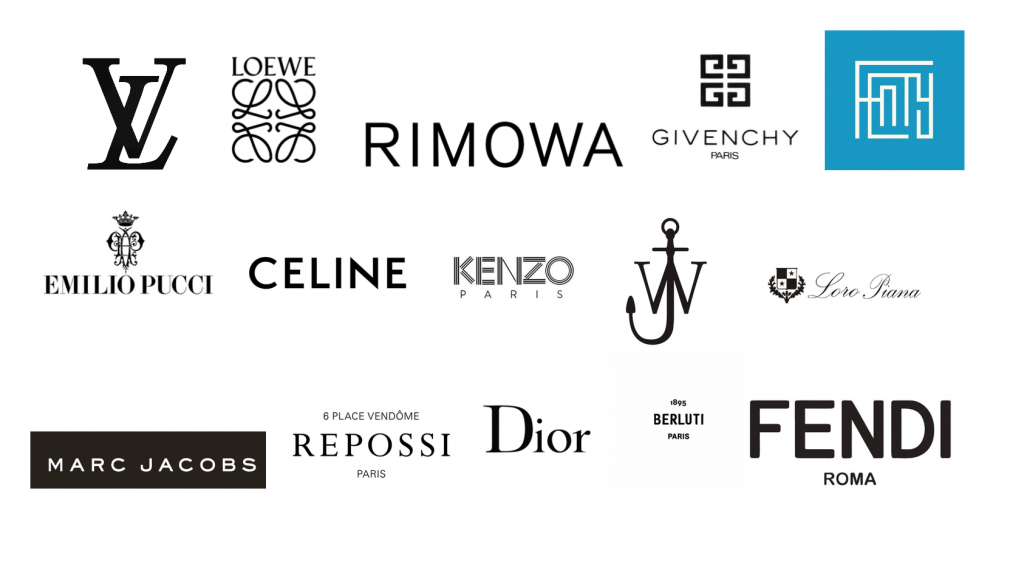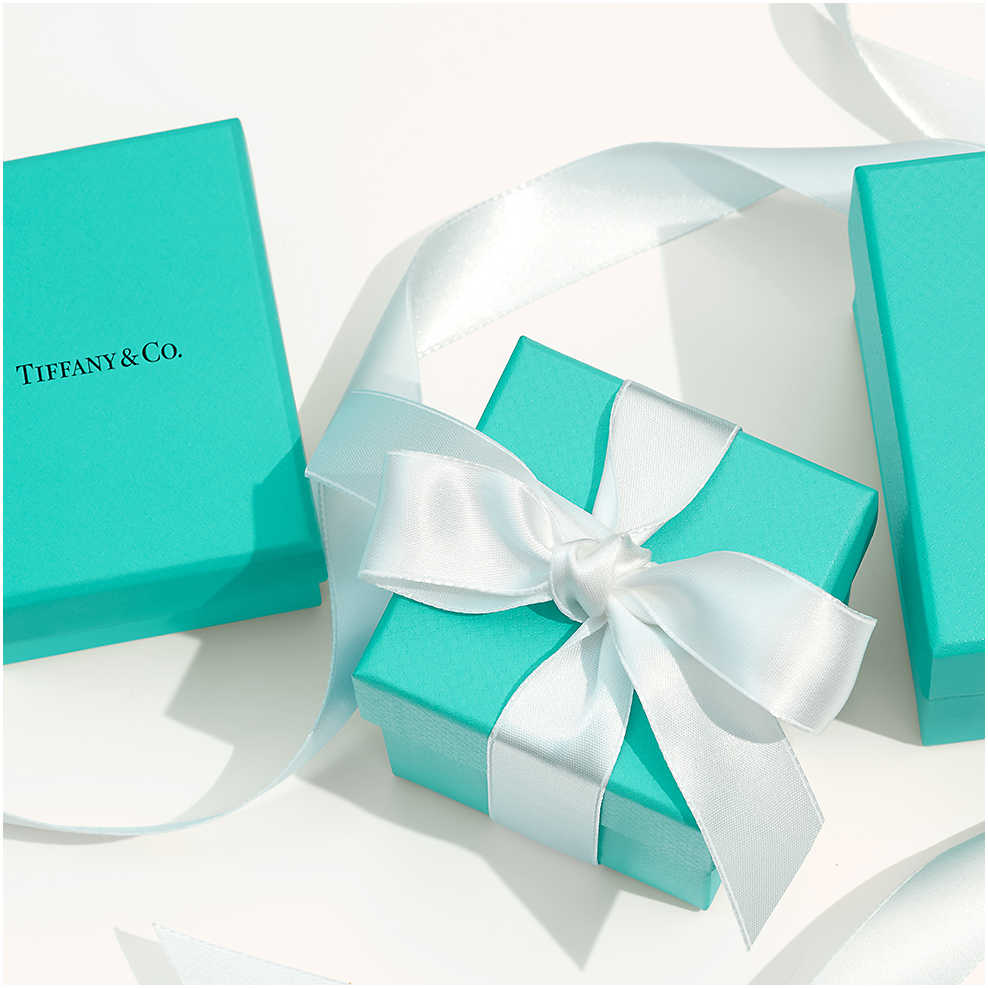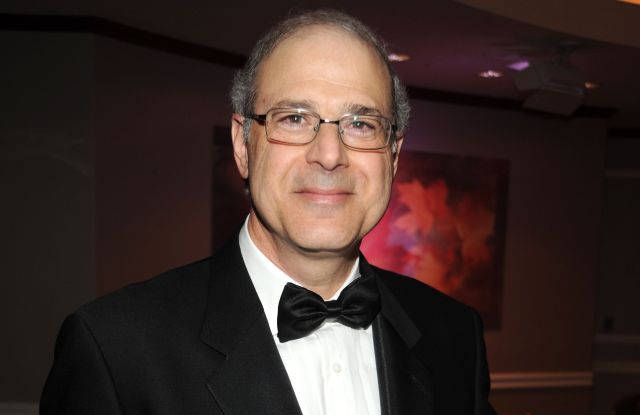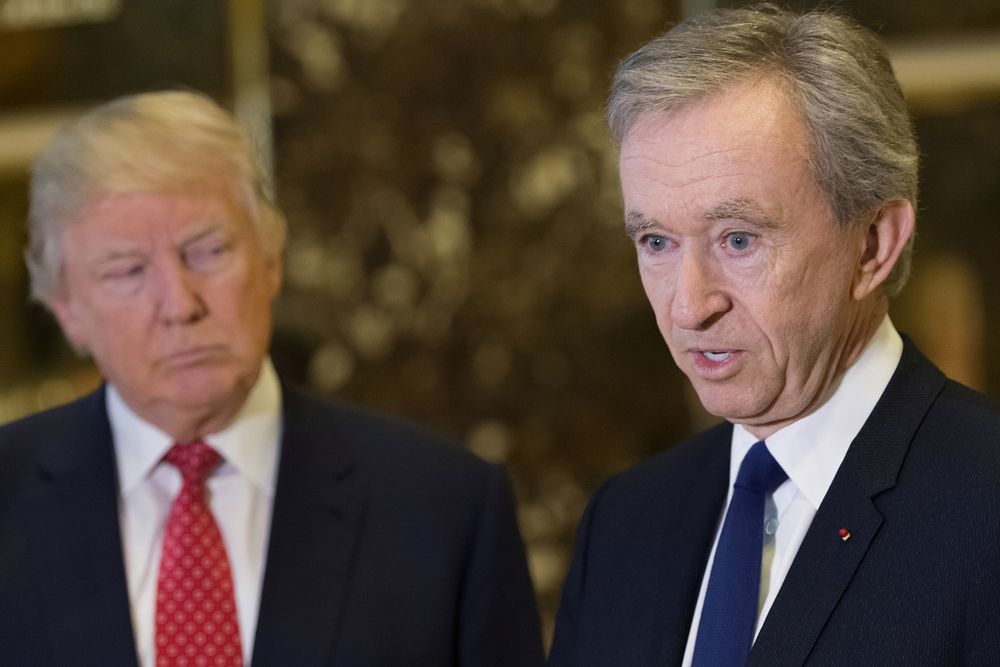Ruthless, cunning and with a sharp appetite for business – Bernard Arnault is a man not to be trifled with. Even when the markets are down and most are withdrawing, Arnault is famous for stepping in and snapping up the faltering businesses of his competitors with unabashed gusto. He built his fortune with bold moves and a keen observation that many heritage fashion houses had failed to mine their greatest asset – their brand value.

Understanding brand was something that Arnault seemed to uniquely know how to exploit. His vision led companies he bought (Dior, Louis Vuitton, Hermes, Bulgari, Pucci, Fendi, Cèline, Guerlain, Kenzo, Loewe, Rimowa, among many others) to rise phoenix-like from the dustbins of history and burst into the global consciousness. Notwithstanding times when market pundits were downgrading luxury stock, Arnault doubled down – emboldened by the knowledge that his brands should never fear a downturn and start to compete on price (doing so would cheapen their brand, their biggest asset) but rather show strength and raise prices.

This strategy has worked. It carried Arnault’s LVMH group through multiple recessions (most notably the crashes of the 1990s and the market collapse of 2008) making record profits and crowning him the second wealthiest man alive. So why did LVMH group’s largest deal to date, and what does that mean for the luxury and fashion industries?

In November of 2019 LVMH announced that it was officially acquiring the historic NY-based luxury jewellery and specialty retailer, Tiffany & Co. for a record $16.2 billion. Citing his reasons for acquisition, Arnault claimed he would ignore the flattened sales of the jeweller and pointed instead at the deep global value of the Tiffany’s brand. All seemed well – a classic LVMH brand-led transaction (albeit their biggest to date) – until when in September of this year, the French group announced it was withdrawing their offer.
The news sent shockwaves through the global markets striking fear into the industry for their collective survival in the wake of a crippling pandemic. Speculations that Arnault has lost confidence in the luxury industry has disrupted the once seemingly unstoppable growth curve of his portfolio and the luxury world at large. Has ‘The Wolf in Cashmere’ finally lost his nerve?

The French company claims the deal is no more than a reaction to threats imposed by American tariffs applied to luxury goods coming in from France. Conversely, speculators claim Arnault is simply negotiating for a better price at a time when physical retailers are clutching for survival (is the Wolf simply gnawing at his wounded prey?). Regardless, Tiffany’s & Co. is not taking the retraction lightly and is suing the French conglomerate for reneging on their deal.
According to recent reports, LVMH had been having second thoughts about the purchase since the beginning of negotiations. Although Tiffany’s is considered to be an iconic brand (it skyrocketed to fame after the film ‘Breakfast at Tiffany’s’ starring Audrey Hepburn in 1961), the business had struggled to captivate consumers in recent years. Nevertheless, these could simply be sly media tactics from the Wolf to undercut his own bid on the jeweller.

The American company claims that Mr. Arnault manipulated the deal by requesting a letter from the French Foreign Ministry on August 31st that encouraged delays on the transaction citing difficulties arising from US tariffs. In return, Roger Farah, chairman at Tiffany & Co. went as far as stating in an interview that “… it is all the more clear that LVMH has unclean hands”. The lawsuit is currently underway at a Delaware state court, and regardless of its resolution it is perhaps a litmus test of what is to come; a reorganisation of the world of fashion and luxury.

Although consulting group McKinsey & Co. stipulated in a recent report that “Mergers & Acquisitions may be vital to boldly reshape the ecosystem” for fashion and luxury businesses – it is clear that this is not a silver bullet and that brands must restructure and realign for the future. In a world where travel is limited and consumers are in financial difficulties with an ever-growing global consciousness around production, groups like LVMH need to take heed and reassess their supply chains, consumer strategy and positioning. This means an overhaul of the business-model that has kept them afloat for decades – not an easy nor inexpensive feat.
Perhaps it is this reality that has hit home for Arnault – rocking the proverbial Tiffany’s silver gravy boat. Regardless, the result of the suit may determine his future and that of the industry.
On the one hand – If ‘the Wolf’ manages to free himself from the law suit currently against his company, it could set a trend in motion to discount the entire luxury sector, opening up a whole new slew of predators at the gates of some of the most iconic luxury brands. On the other – if he loses, it could scare away investment in the sector, fearing overregulation and potential systemic threats that range from downward consumption to government tariffs.
The future may be unknown but we are confident the Wolf will hunt out its best opportunities. In the meantime – we can all enjoy brands reimagining how they engage with us as consumers and reward our custom, may this era long last.
UP NEXT: Gucci’s revival…


